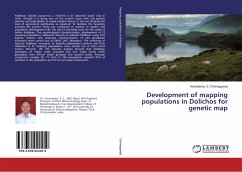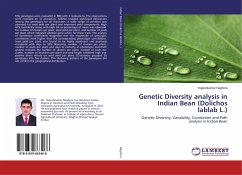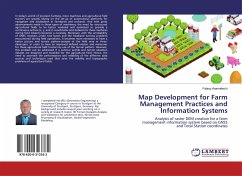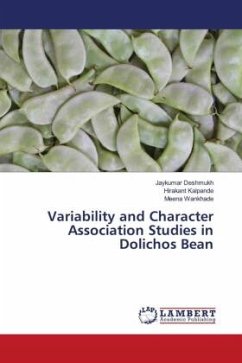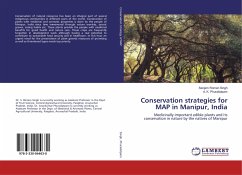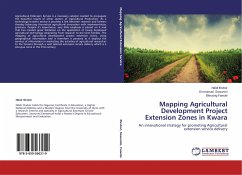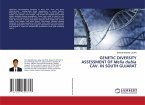Fieldbean {Lablab purpureus L. (Sweet)} is an important pulse crop in India. Though it is being one of the ancient crops with rich genetic diversity and adaptability to varied edaphic factors, it has not attained the level of agricultural significance as expected. To facilitate the breeding activities the present study was conducted in relation to marker and population development with the aim of providing tools for the study of Indian fieldbean. The morphological characterization, development of F2 mapping populations, Molecular diversity of selected fieldbean using COS legume markers and molecular characterization of 224 germplasm accessions were carried out at GKVK, UAS, Bengaluru. The screening of selected fieldbean accessions to identify polymorphic markers and their validation in F2 mapping populations were carried out in John Innes Centre, Norwich, UK. The diversity analysis showed that Fieldbean genotypes of Indian origin grouped into one single cluster while genotypes from African origin grouped into second cluster. Principal component analysis for 71 traits in 224 germplasms revealed 81% of variation in the population by first four principal components.
Bitte wählen Sie Ihr Anliegen aus.
Rechnungen
Retourenschein anfordern
Bestellstatus
Storno

